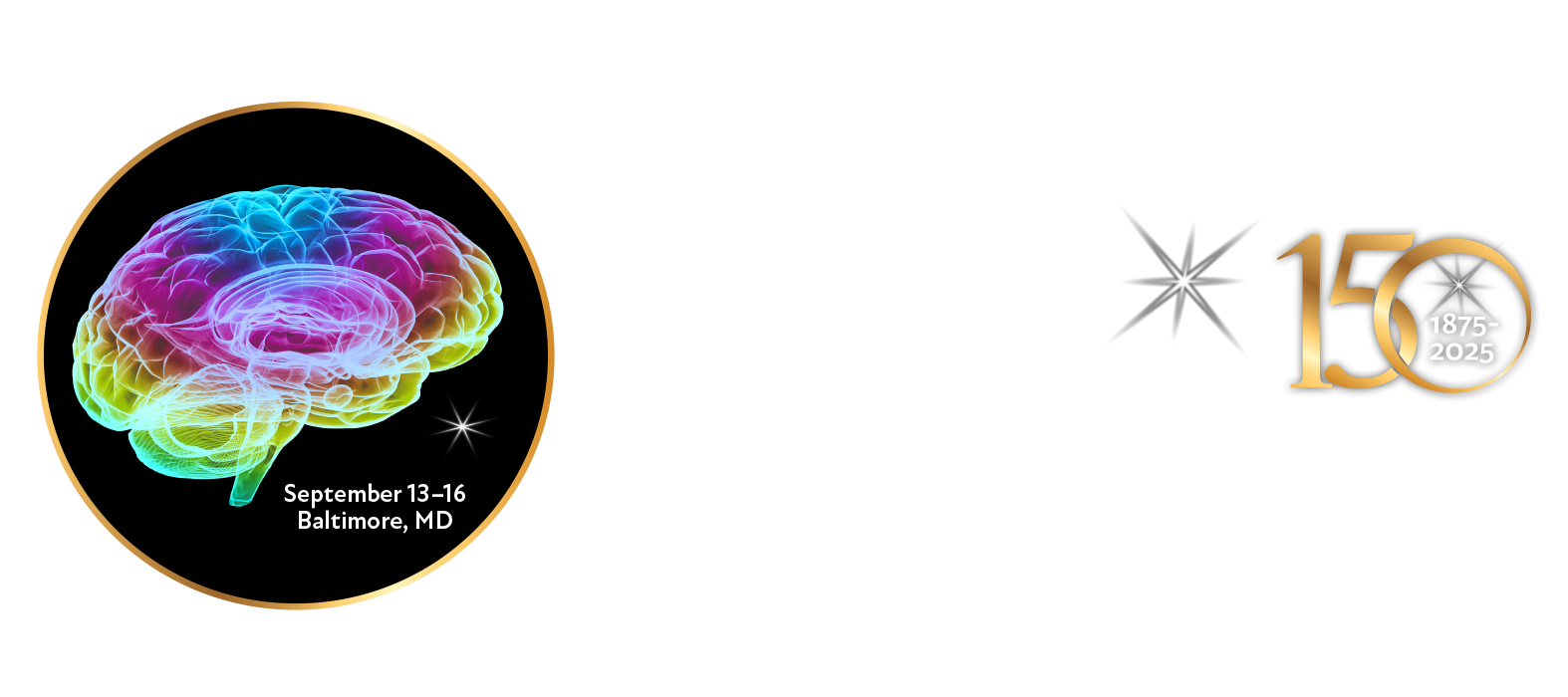Movement Disorders*
Date: September 15, 2025
Time: 3:45 pm to 5:15 pm
Track: Traditional Special Interest Group (SIG)
Session Description
This session is particularly timely, as it presents groundbreaking insights and advancements in the management of complex neurological conditions. This year’s highlights—including spinocerebellar ataxias (SCAs), dystonic cerebral palsy, and deep brain stimulation for Parkinson’s disease (PD)—address significant challenges in clinical practice, necessitating innovative therapeutic strategies.
Dr. Sheng-Han Kuo from Columbia University will explore the transformative potential of troriluzole in SCA therapy, highlighting recent clinical trial developments and outcome measures that are reshaping therapeutic approaches. With a specific focus on child neurology, Dr. Bhooma Aravamuthan of Washington University will discuss modulation of striatal cholinergic interneuron activity to mitigate dystonic cerebral palsy, offering crucial insights into dystonia pathophysiology and management. Dr. Todd Harrington from Massachusetts General Hospital will present on the cutting-edge application of beta-band local field potentials as control signals for adaptive deep brain stimulation (aDBS) in PD, providing practical strategies for optimizing aDBS programming.
This session is essential for clinicians, researchers, and healthcare professionals seeking to deepen their understanding of current advancements and integrate these innovations into practice. Attendees will gain valuable knowledge about clinical trials, neurophysiological modulation, and adaptive aDBS technology, empowering them to improve patient outcomes in the realm of movement disorders.
Learning Objectives
At the conclusion of the session, attendees should be able to:
- Understand the importance of natural history study on the therapeutic development for rare diseases.
- Understand the novel therapies for spinocerebellar ataxias.
- Understand the propensity-matched analyses and the use in the context of clinical trials.
Speakers
Chronic Striatal Cholinergic Interneuron Excitation Causes Cerebral Palsy-Related Dystonic Behavior in Mice
Description
This presentation will describe how leg dystonia quantification in children with cerebral palsy (CP) can be used to understand dystonia pathophysiology in mouse models
Speakers
Troriluzole in Focus: Transforming the Landscape of SCA Therapy
Description
This presentation will explore the potential of troriluzole as an emerging therapy for spinocerebellar ataxia (SCA) by highlighting clinical insights, mechanisms of action, and future directions in SCA treatment advancement.
Speakers
Adaptive Deep Brain Stimulation in Parkinson's Disease
Description
This presentation will review the scientific basis of adaptive DBS (aDBS), clinical trial outcomes, and early experience incorporating aDBS into clinical practice.
Speakers


